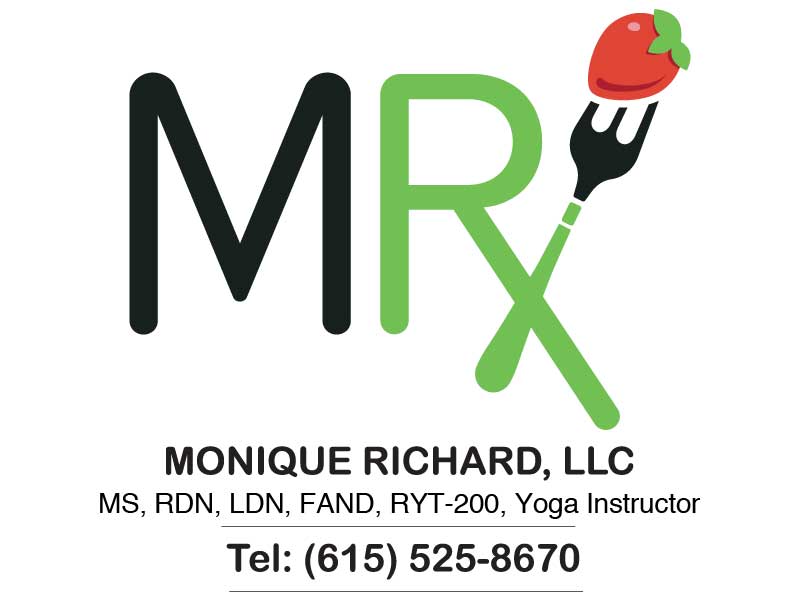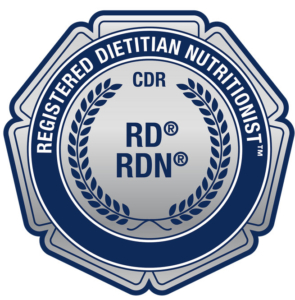All oils are not created equal, but an explosion of oils on the market in recent years has left many consumers at a loss. Knowing some basic information can help you make the best choice for you and your family!
“Coconut, walnut, olive, avocado…do these oils really live up to their hype? Are trans fats really so bad? How do I pick the healthiest oil?”
Just as in all areas of food and nutrition, the key concepts to remember are quantity (how much), and quality (how good).
Healthy mono- and poly-unsaturated fats are what you want to focus on for heart and body. Science has consistently shown that both these types of unsaturated fats may help lower your blood cholesterol level when used in place of saturated fat in your diet.
When using oils for cooking in baked goods, vegetable oil has traditionally been the standard. Vegetable oil is extracted from a combination of various seeds including canola, sunflower, safflower, peanut, soybean and corn. Although high in calories, vegetable oils do contain healthy fatty acids that research has shown contribute to heart health and help aid our body in converting other nutrients to support brain, muscle, and cell functions. You may be surprised that even the American Heart Association endorses vegetable oil!
But What About Omega-3’s?
You may have heard of the brain-nurturing fatty acids Omega-3, Omega-6 and Omega-9, ALA, DHA and EPA, touted mostly coming from fish and fish oil. These can also be found in walnut, flaxseed, canola, and algae oils. We are learning more that the ratio of omega fatty acids in oils is important; too much of Omega-6, prevalent in many vegetable oils, has been attributed to inflammation, arthritis exacerbation, and excess body fat.
Good Old Fashioned Olive Oil:
Olive oil has gotten a lot of attention for its health benefits, versatility, and flavor in the past few years as a traditional staple in the Mediterranean diet (see my post from last year). Made from pressed olives, it can go in all kinds of dishes—from salad to pasta to marinades. The high percentage of healthy fat it contains, a fat called oleic acid, contributes to protecting the heart, lowering of LDL (bad) cholesterol, and may reduce inflammation throughout the body (think joint pain).
Oils & Fats to Avoid
Unhealthy versions of fat may be added to food by manipulating the molecular structure to make it more shelf-stable, palatable, or temperature-resistant. An example of this would be trans-fats, found in ingredient lists as partially hydrogenated oils, which upon further investigation by the FDA are no longer considered safe and are being phased out of all products manufactured in the United States. Trans fats are linked to irreversible and detrimental health effects.
Smoke Point, Refined, Unrefined, Expeller or Cold-Pressed, oh my! Learn more about how to choose the best type of oils in my latest article in Health & Wellness Magazine.
Remember, cooking oils can be a great way to add healthy fats to your diet, but don’t forget- you can also incorporate healthy fats into your diet through eating the whole food counterparts to oils—think whole olives, nuts, seeds, and avocado.
Post a comment:
Or to schedule an appointment, click here.









